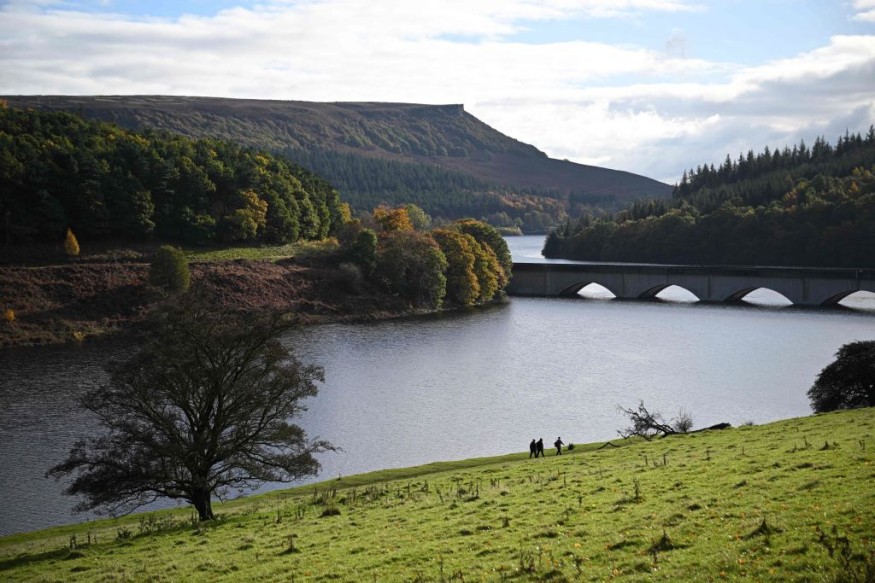
National parks are failing to address the biodiversity crisis, with only 6% of national park territory in England and Wales maintained successfully for nature, according to the first comprehensive study of how well they assist natural recovery.
Lack Of Funds
According to a report by the Campaign for National Parks (CNP) charity, national parks, which cover 10% of England and 20% of Wales, are not restoring nature due to a chronic lack of government funding and were designed for a different era.
Since 2010, the government's direct payment to national parks has been reduced by 40% in real terms, with most receiving only a few million pounds-similar to a small secondary school's yearly budget.
National parks are critical to Britain's commitment to safeguard 30% of its land and sea by 2030, yet wildlife is still on the decline in these protected places.
Peatlands, which store carbon and represent 43% of national park land, are in bad condition. According to CNP research, only about 1% of Dartmoor's deep peat area is healthy.
In the five years leading up to 2020, there was almost no change in woodland coverage in national parks, and rivers and lakes were in poor shape.
In 2013, 47% of rivers in national parks were deemed to be in "good" health; by 2022, this figure had dropped to 39%.
National parks have been dealing with a financing deficit for quite some time. The Yorkshire Dales is facing a £4 million hole in 2025-26, and some parks have warned that they would have to remove visitor facilities or reduce pathway management, decreasing public access.
Ruth Bradshaw, the policy manager for the CNP, said national parks are unique sites that provide the last refuge for endangered animals such as curlew, hen harrier, and cuckoo.=
"We need urgent action and major changes - the government needs to strengthen legislation and significantly increase the resources that are going into nature recovery in the national parks," she added.
Privately Owned Lands
Aside from a shortage of finance, national parks are struggling to recover nature because just 13.7% of their land is publicly owned, with the vast majority being privately owned and managed as farmland.
The majority of this land has suffered from the same nature losses associated with agricultural intensification over the last 75 years as the rest of Britain.
According to the group's report, national parks were established 75 years ago to address concerns about urbanization. Although enhancing wildlife is one of the parks' official obligations, its goal has not been altered to meet the 21st-century climate and extinction issues.
The CNP is advocating for a new agreement for national parks, with the government establishing a clear new priority of nature protection and restoration, as well as increasing core national park grants to recover budget levels from 2010.
It also wants government agencies, including the Ministry of Defense and Forestry England, as well as water companies, to pay for the restoration of areas damaged by historic events such as pollution, conifer planting on peatland, and the cost of removing unexploded ordnance, which makes restoration much more expensive.
Prof Sir John Lawton, a conservation scientist and the author of an influential government review of how to recover nature in Britain, welcomed "the bold proposals" in the CNP report "to make more space for nature by restoring, recreating, and joining up habitats for the benefit of people and the creatures that live in these beautiful areas".
© 2025 NatureWorldNews.com All rights reserved. Do not reproduce without permission.





